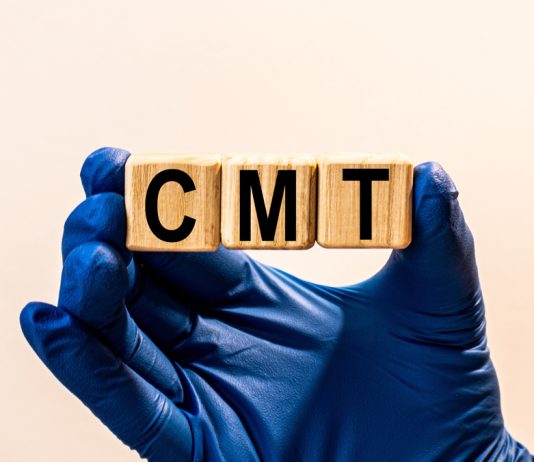Pregnant women to be offered preterm pre-eclampsia test
Midwives can now offer one of four blood tests to help diagnose suspected preterm pre-eclampsia, a potentially serious condition.
The independent National Institute for Health...
Can consuming artificial sweeteners increase cancer risk?
A new study discovers that some artificial sweeteners are associated with increased cancer risk.
Artificial sweeteners are low-calorie or calorie-free chemical substances used as an...
New antibody test for MS provides results in just 20 minutes
A team of researchers from the Mayo Clinic has developed a cutting-edge antibody test for multiple sclerosis (MS) that achieves accurate results in around...
Popular nausea medications linked to increased stroke risk
Nausea medications known as antidopaminergic antiemetics (ADAs) are associated with an increased risk of ischaemic stroke.
The new study published by The BMJ found that...
Cognitive impairment cases have more than doubled over the last decade
A novel study performed in the UK has shockingly revealed that the number of older adults experiencing cognitive impairment has more than doubled in...
New discovery could make cancer vaccines a reality
Scientists have developed a pipeline and ‘plug-and-play’ technology that has the potential to generate cancer vaccines for clinical use.
The innovative pipeline development can be...
Tackling cardiovascular disease in Europe
Laurent Abuaf, SVP and President Europe at Amarin, outlines the social and economic burden of CVD in Europe and the company’s key priorities for...
Allergic asthma treatment may be on the horizon with new discovery
A team of researchers from the United States has discovered a mechanism instrumental in causing allergic asthma that may offer an exciting new target...
Could lithium be used as a preventative treatment for dementia?
A team of UK scientists have discovered that lithium may potentially be an effective preventative treatment for dementia.
The team, comprised of specialists from the...
Potential drug target for bone marrow cancer
New research finds patients with a rare type of bone marrow cancer have distinctive epigenetic changes that can activate harmful genes and cause cancer...
How the brain differs in children with binge eating disorder
New research looks at the differences in brain scans of children aged nine to ten years old with a binge eating disorder.
Binge eating disorder...
Record number of mental health referrals in 2021
In 2021, a record number of mental health referrals were reported, amassing 4.3 million appointments.
The new research highlights the continued impact that the pandemic...
Understanding inflammatory bowel disease for targeted treatment
Scientists have developed a new computational biology method to improve inflammatory bowel disease understanding and targeted treatment.
Data indicates that around 500,000 people in the...
Past neurological and psychiatric disorders may cause future conditions
A team of scientists in Canada has found that people with a history of neurological and psychiatric disorders are potentially at an increased risk...
Diabetes caused by long COVID potentially prevented by exercise
Experts suggest that exercising may be a promising treatment for preventing diabetes caused by long COVID, also helping to reduce the risk of depression.
Conducted...
Exploring the effectiveness of tuberculosis treatment in children
An investigation into the effectiveness of tuberculosis treatment in children has driven a change in the World Health Organization’s (WHO) global guidelines for managing...
£1 million awarded to enhance IgA nephropathy kidney disease research
UK researchers have been provided with a substantial £1 million in funding to advance research into IgA nephropathy, a type of incurable chronic kidney...
Identifying patients at risk of pancreatic cancer using stool samples
A genetic signature of 27 microorganisms in stool samples can identify people at risk of pancreatic cancer.
A groundbreaking discovery by researchers in Spain, part-funded...
Lower number of cancer research projects funded during the pandemic
The National Cancer Research Institute (NCRI) found that fewer new cancer research projects were funded during the Covid pandemic.
Cancer research projects are vital for...
Revolutionising prostate cancer screening with a risk algorithm
The accuracy of prostate cancer screening could improve significantly by calculating a person’s risk of developing the disease by using results from two blood...


























